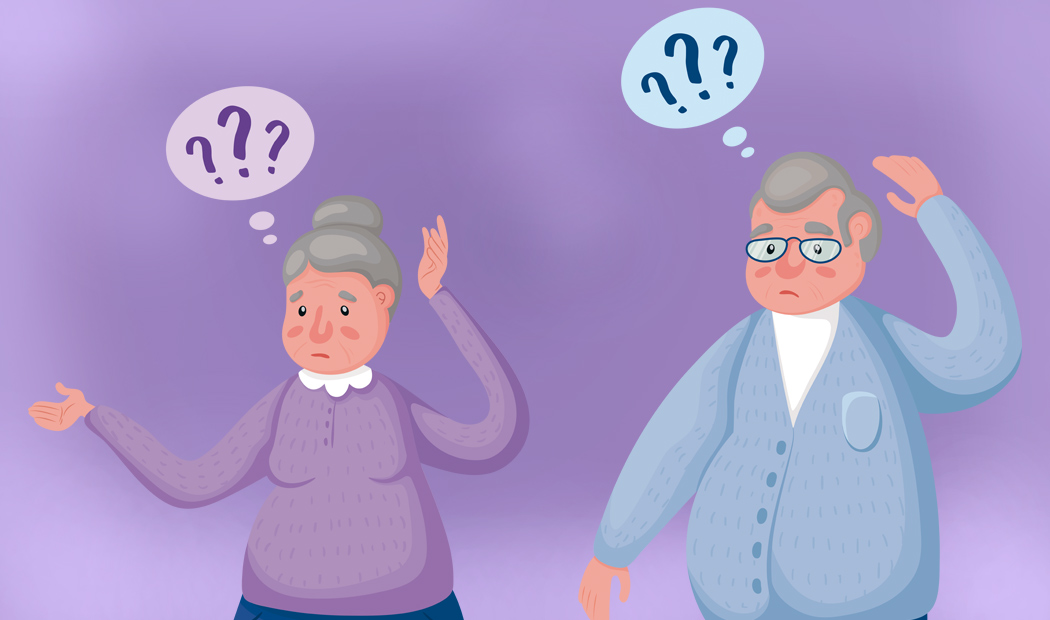
Arnaldo LichtensteinSiempre que doy clases de clínica médica a estudiantes del cuarto año de Medicina, hago la siguiente pregunta:¿Cuáles son las causas que más hacen que el abuelo o la abuela tengan confusión mental?Algunos arriesgan: «Tumor en la cabeza».Yo digo: «No».Otros apuestan: «Síntomas iniciales de Alzheimer»Respondo, nuevamente: «No».A cada negativa la concurrencia se espanta… Y queda aún más boquiabierta cuando enumero las tres causas responsables más comunes:1) Diabetes descontrolada |
(*)Arnaldo Lichtenstein (46), médico, es clínico-general del Hospital de las Clínicas y profesor colaborador del Departamento de Clínica Médica de la Facultad de Medicina de la Universidad de São Paulo.
ENGLISH
Whenever I teach clinical medicine to fourth-year medical students, I always ask the following question:
What are the most common causes of mental confusion in grandpa or grandma?
Some risk: «Tumour in the head».
I say: «No».
Others bet: «Early symptoms of Alzheimer’s disease».
I answer, again: «No».
At each refusal, the audience is startled… And they are even more dumbfounded when I list the three most common causes responsible:
1) Uncontrolled diabetes
2) Urinary tract infection;
3) The family spent a whole day away from home, while the grandparent stayed at home.
It sounds like a joke, but it’s not. Grandpa or grandma constantly stops feeling thirsty and stops drinking fluids. When there is no one at home to remind them to drink fluids, they quickly become dehydrated. Dehydration is serious and affects the whole body. It can cause abrupt mental confusion, a drop in blood pressure, increased heart palpitations, angina (chest pain), coma and even death.
I insist: this is no joke. At best, this forgetting to drink fluids begins at the age of 60, when we have little more than 50% of the water we should have in our bodies. This is part of the natural ageing process. Older people therefore have a lower water reserve.
But there are further complications: even when dehydrated, they do not feel like drinking water, as their internal balance mechanisms do not work very well.
Conclusion: The elderly are easily dehydrated not only because they have a smaller water reserve, but also because they do not feel the lack of water in their body. Even if the elderly person looks healthy, the performance of chemical reactions and functions of the whole organism is impaired.
So here are two warnings:
1 – The first is for grandfathers and grandmothers:
Make it a voluntary habit to drink liquids. By liquid, we mean water, juices, teas, coconut water, milk, soups, jelly and fruits rich in water, such as watermelon, melon, peaches, pineapple, oranges and tangerines, also work. The important thing is to drink some liquid every two hours. Remember that.
2 – My second warning is for family members:
Constantly offer fluids to the elderly. At the same time, be attentive to them. When you notice that they are refusing fluids and, from one day to the next, they are confused, irritable, short of breath, inattentive. These are almost certainly recurrent symptoms of dehydration.
(*)Arnaldo Lichtenstein (46), a physician, is a general clinician at the Hospital das Clínicas and a collaborating professor in the Department of Clinical Medicine at the Faculty of Medicine of the University of São Paulo.
Translated with www.DeepL.com/Translator (free version)
